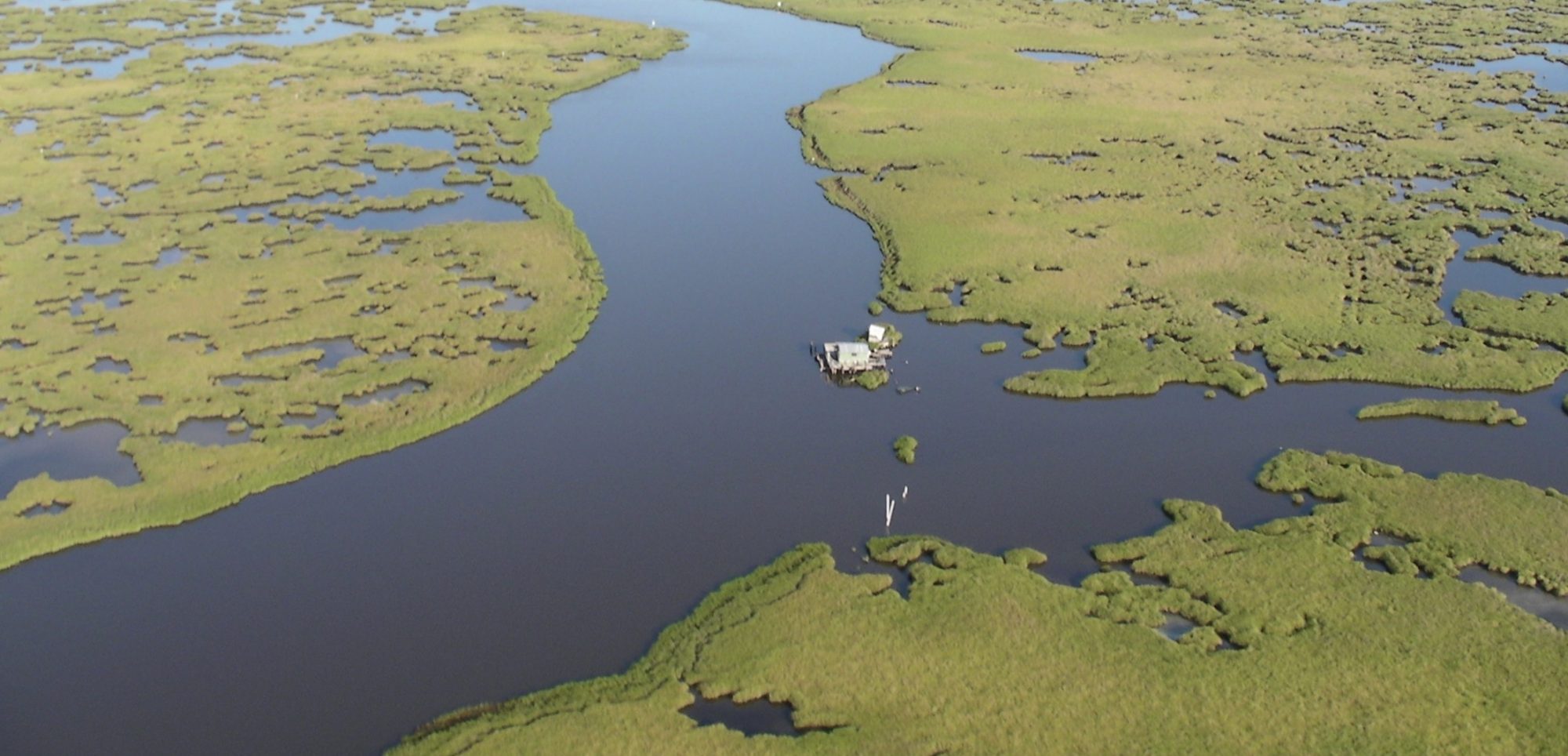
Ph.D. Candidate, Utah State University
Field Travel Grant Type 1
Restoring Phragmites invaded wetlands: A large-scale experimental approach to guiding effective wetland management
“Wetlands are particularly susceptible to plant invasions due to their role as landscape sinks for nutrients, sediments, propagules and other upstream influences. One particularly problematic wetland invader is Phragmites australis, an aggressive clonal grass that can grow up to 5 meters tall and can spread 3 meters each year. Phragmites has turned diverse wetlands across North America, from coastal marshes of the Atlantic coast to freshwater wetlands surrounding the Great Lakes into near monocultures, having severe repercussions for wetland plant and animal biodiversity. Phragmites has recently invaded the wetlands surrounding the Great Salt Lake (GSL), Utah, where this study takes place, replacing thousands of acres of native bulrushes. This is particularly problematic because it limits habitat for the millions of waterfowl and shorebirds that rely on GSL wetlands as a crucial resting and feeding spot on their migrations each year. Academic researchers have often been criticized for doing work that is not in step with the needs of management. This project is an attempt to turn that idea on its head: to give managers experimentally tested information that can improve the results of wetland management. The ambitious design of this experiment: multiple treatments applied to large-scale plots replicated across many sites followed by monitoring the long-term response of Phragmites and native plant communities, has not been done before, likely because of the many challenges with implementation. But with the assistance of wetland manager partners it is possible, and it is the best design for evaluating the restoration effectiveness of treatments, at the scale at which they are applied by managers in wetlands. Long-term monitoring is scarce in wetland management and research, often because it is difficult to retain funds for long time periods. But ecological processes are often slow, and long-term monitoring is essential to evaluating the true effectiveness of management actions.”
